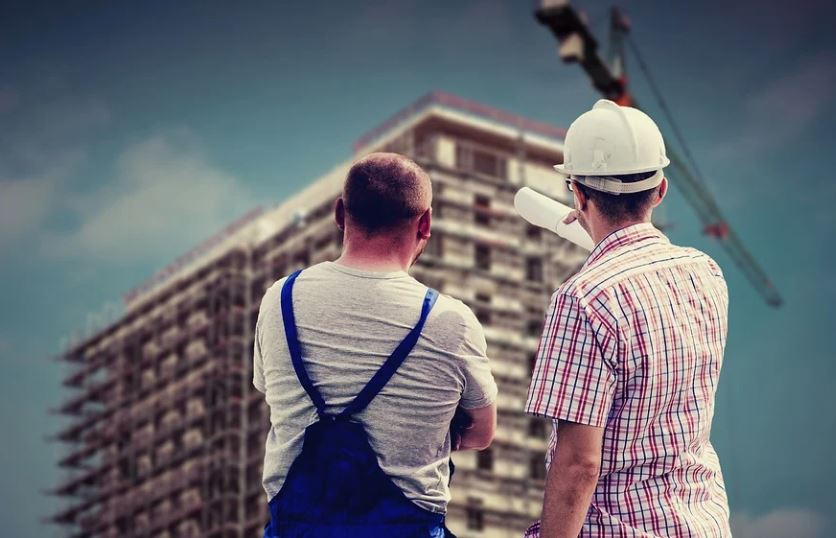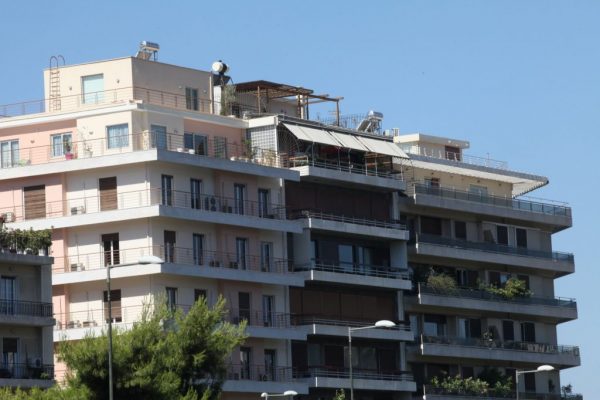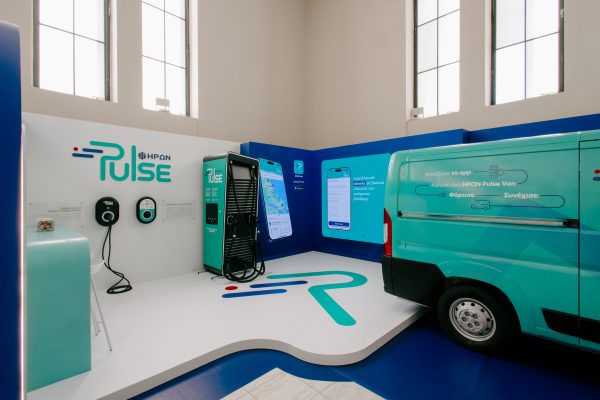
The energy crisis … has destroyed “Save 2021” (Exoikonomo 2023). According to the official data published on the program’s website, of the 25,300 prospective beneficiaries for single-family homes, individual apartments and apartment buildings, 17,252 applications were finally approved and 8,048 applications were rejected. As professor of Thessaloniki University and secretary of the PASOK-KINAL Energy sector, Mr. Haris Doukas characteristically commented “we are at the end of April 2023 and the “Save 2021″ program still cannot be completed, with the dropout rate of potential beneficiaries is over 30%”.
The cost of building materials
Most households did not proceed with the energy upgrading works of their residence due to the jump in the cost of raw materials that followed the energy crisis. In fact, engineers estimate that the dropout rate may increase as even citizens who have started the work may not complete it.
Material increases in the last two years range from 30% to 40%, while even today, when electricity and oil prices are in decline, prices for building materials continue to rise. It is characteristic that, in March 2023, the rise in prices continued by 8.9% (compared to March 2022), according to data from ELSTAT. The increase in the cost of the works opened the gap with the eligible price per intervention unit of the program.
The engineers
That is why, in view of the publication of the new “Save 2023” which is expected at the end of May, the technical world is pressuring the political leadership of the Ministry of Environment and Energy (ΠΕΝ) and the co-competent Ministry of Development to increase the unit prices per intervention, as and the overall program budget. As the engineers note, the prices of materials in the current program have been based on data from 2020, when the cost of raw materials was up to 40% lower.
Besides, in addition to “Save 2023”, two other programs are expected in the near future, “Save – Renovate” for young people and “Save – Business” for small and medium enterprises. “The failure is deafening, at a time when the energy autonomy of consumers and the energy shielding of households should be a key priority,” Mr. Doukas points out.
In any case, in the new “blue” economic agenda of the ND until 2027, which was presented yesterday by the Prime Minister Mr. Kyriakos Mitsotakis, the goals of green development remain high with a focus on the development of Renewable Energy Sources (RES) and the energy upgrade of 600,000 homes through the “Save”, “Change water heater” and “Photovoltaics on the roof” programs.
Delays in payments
But in addition to the increases in the cost of materials, other problems will have to be solved. According to the engineers, the failure of “Save 2023” is also attributed to the long multi-month delays in disbursements, which put an unsustainable burden on the program’s projects and consumers, bureaucratic procedures and difficulties in securing bank financing (especially for poor households), and to the difficulties in issuing the required Building Identity, due to various technical difficulties, changes in the square footage, arbitrariness, etc. Also, delays in affiliation decisions are recorded, on average 1.5 years from the announcement of the program, for most beneficiaries.
Latest News

Economist: Greece Included in the Best Performing Economies in 2024
Meanwhile, Northern European countries disappoint, with sluggish performances from the United Kingdom and Germany.

EasyJet Expands Its Routes from Athens
The airline’s two new routes will be to London Luton and Alicante and they will commence in summer 2025.

Capital Link Forum Highlights Greece’s Economic Resurgence; Honors BoG Gov Stournaras
Capital Link Hellenic Leadership Award recipient, Bank of Greece Gov. Yannis Stournaras, an ex-FinMin, was lauded for his pivotal role during Greece’s economic recovery

Tourist Spending in Greece Up by 14%, Visa Card Analysis Shows
Greece’s capital Athens emerged as the most popular destination, recording a 17% increase in transactions with Visa cards, surpassing even the cosmopolitan island of Mykonos.

Inflation in Greece Unchanged at 2.4% in Nov. 2024
The general consumer price index (CPI) posted a 0.4% decrease in November compared to the previous month

2024 Christmas Holidays: Extended Shop Hours Schedule
The 2024 Christmas Holidays extended shop hours schedule commences on Thursday, December 12 and runs until the end of the year.

ELSTAT: Seasonally Adjusted Unemployment Down in October
The number of employed individuals reached 4,284,694, an increase of 67,723 compared to October 2023 (+1.6%) and 22,002 compared to September 2024 (+0.5%).

Greek PM’s Chief Economic Adviser Resigns
In the post on his Facebook page, Patelis did not disclose the reasons that led him to step down.

“Masdar Invests in the people of Greece and in the vision of TERNA ENERGY”
Four messages from the CEO of Masdar, the Arab renewable energy giant, after its acquisition of 70% of TERNA ENERGY

Lloyd’s List Greek Shipping Awards 2024: Honors for leading companies and personalities in the Greek shipping sector
20 awards presented at the 21st annual Lloyd's List Greek Shipping Awards










































 Αριθμός Πιστοποίησης Μ.Η.Τ.232433
Αριθμός Πιστοποίησης Μ.Η.Τ.232433